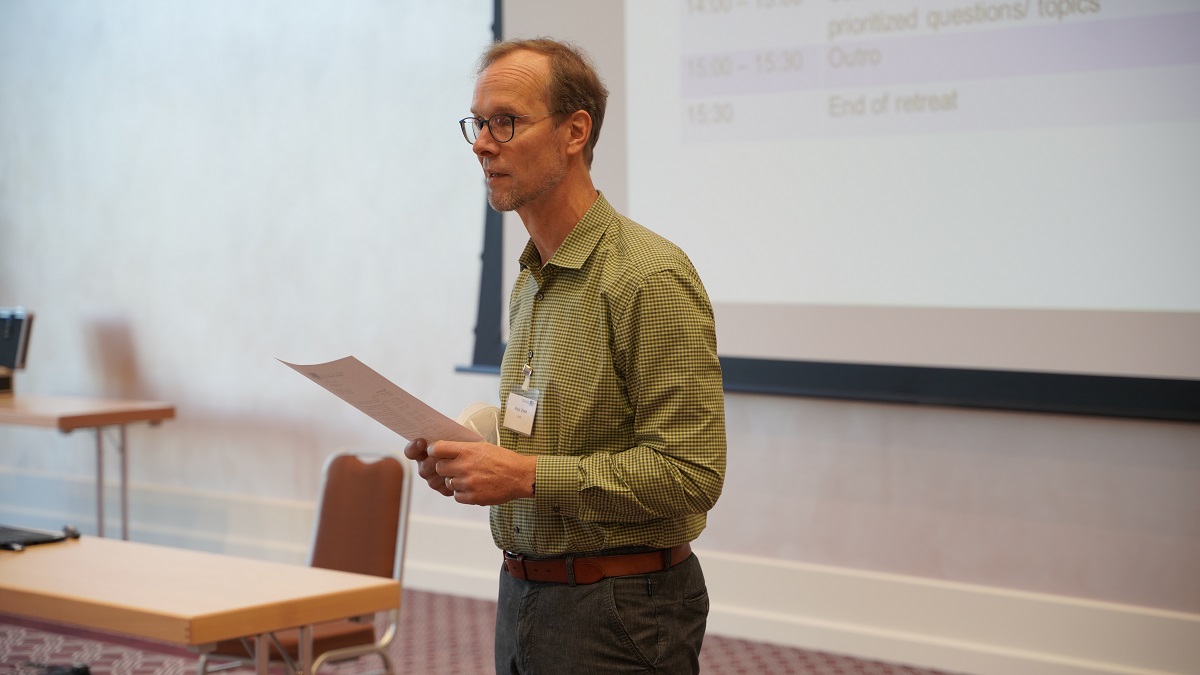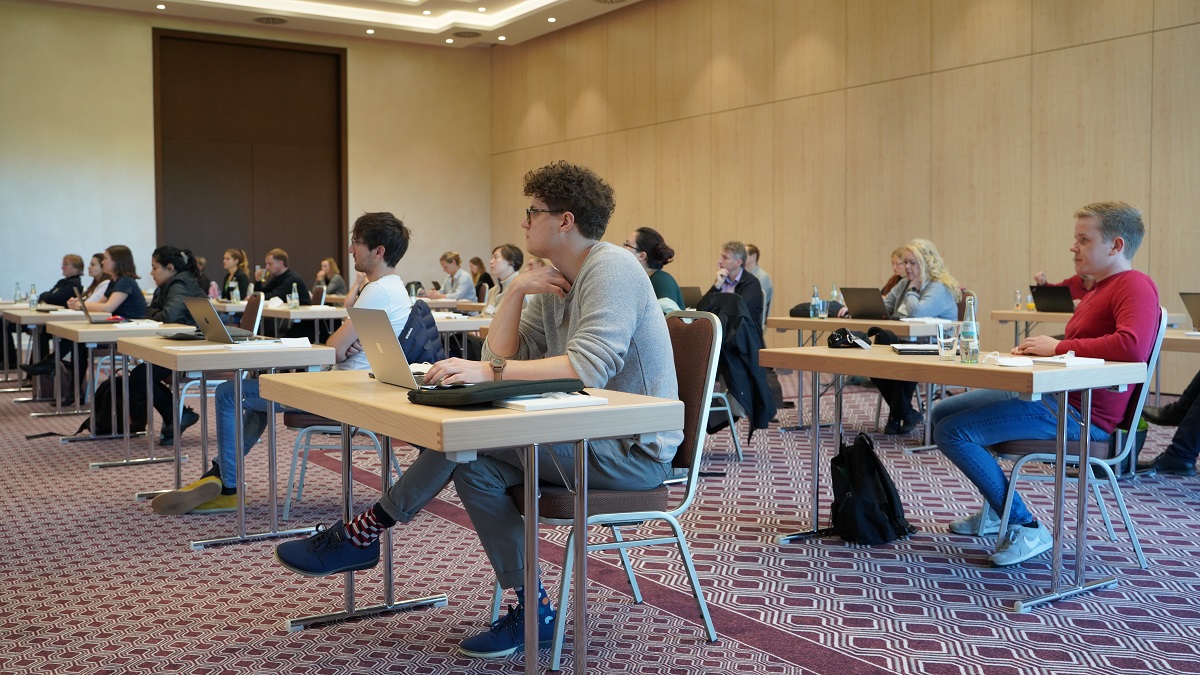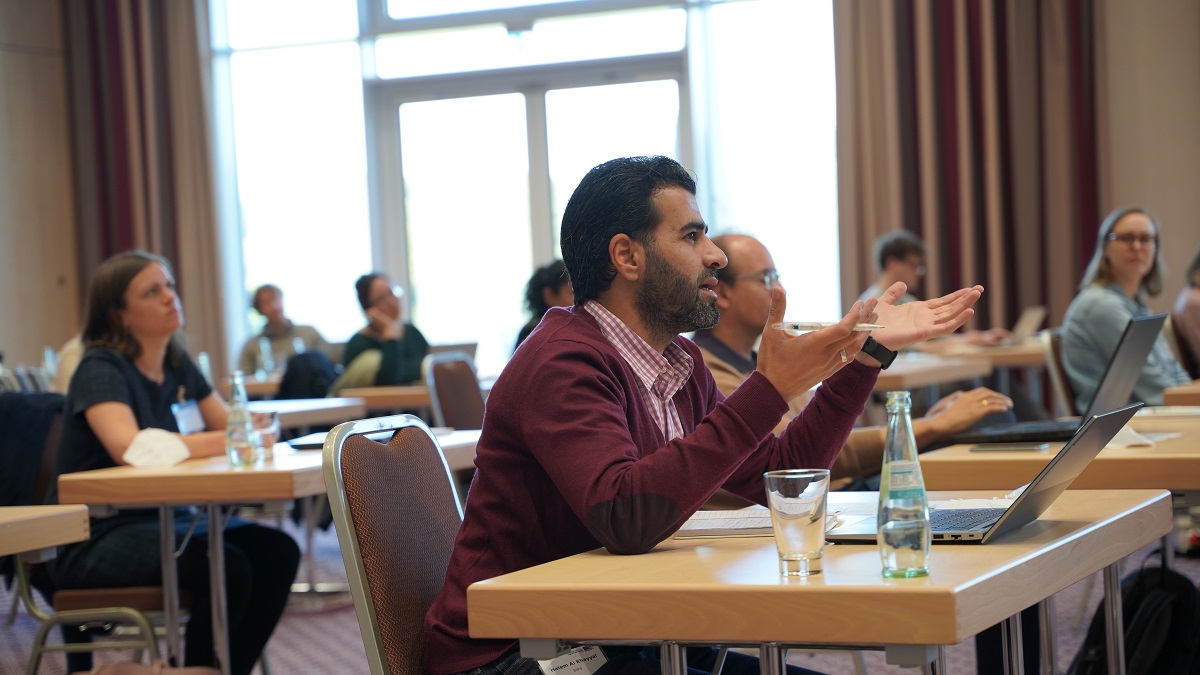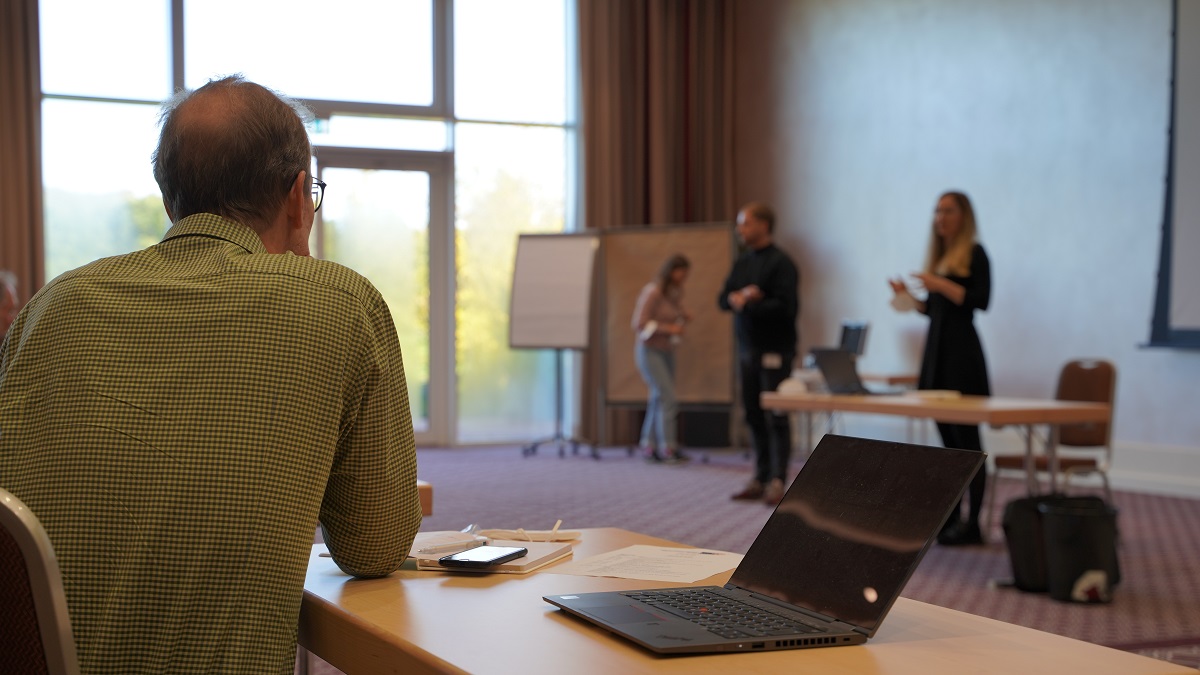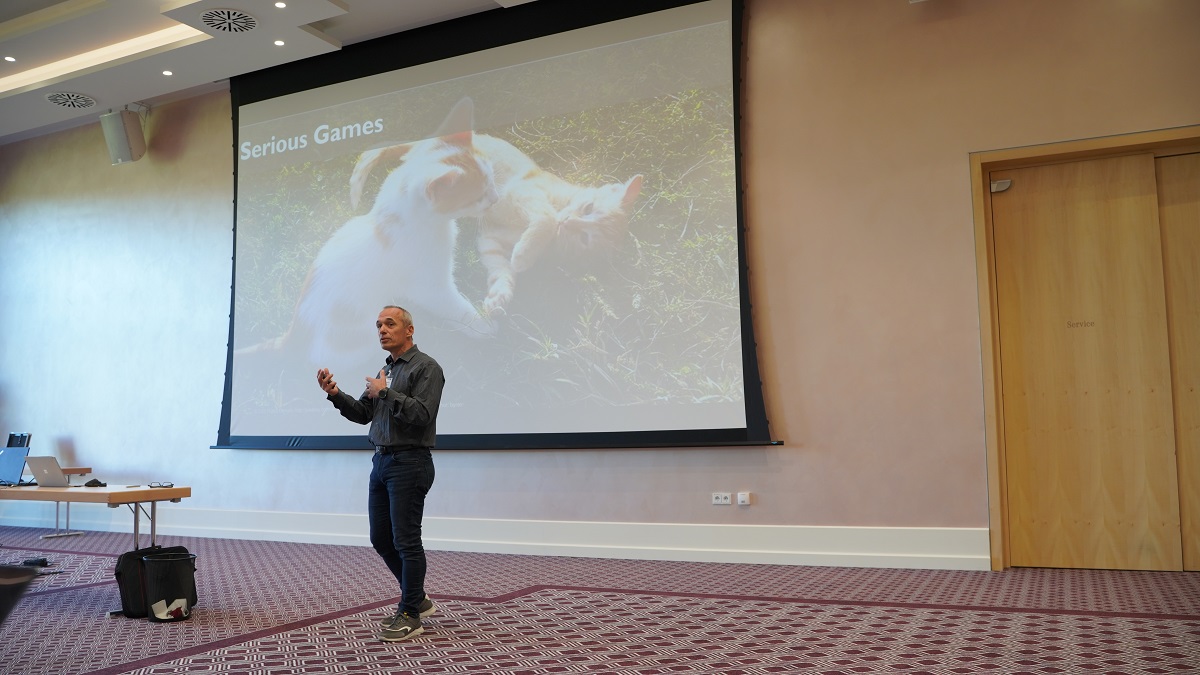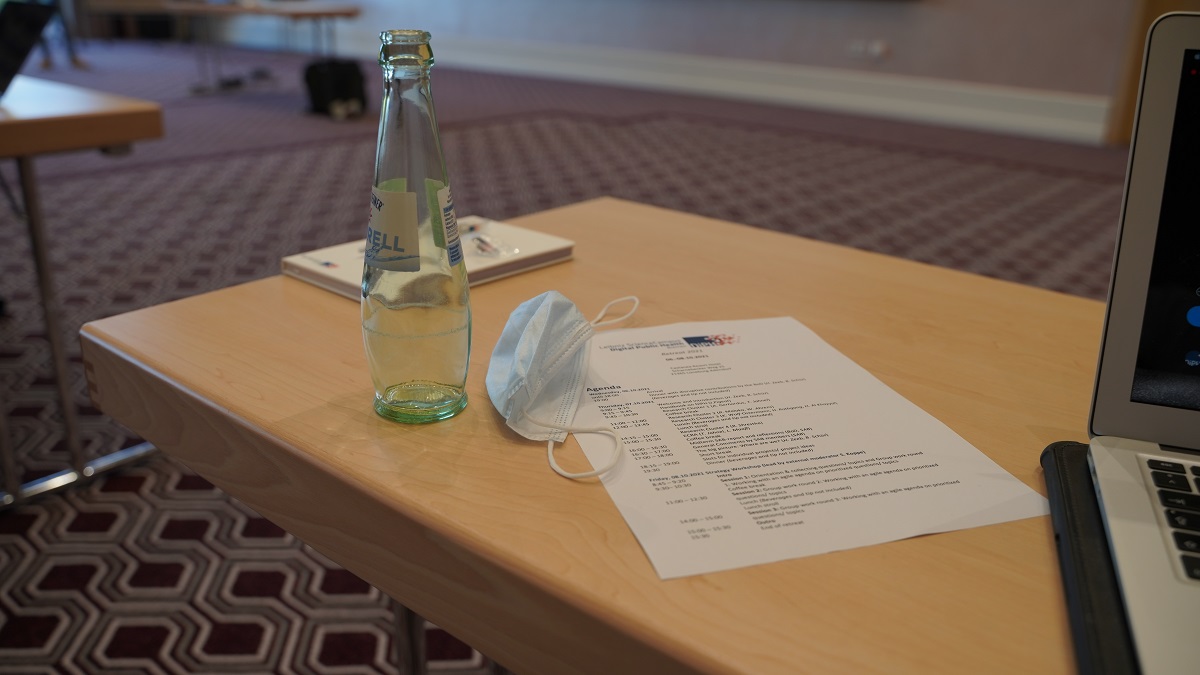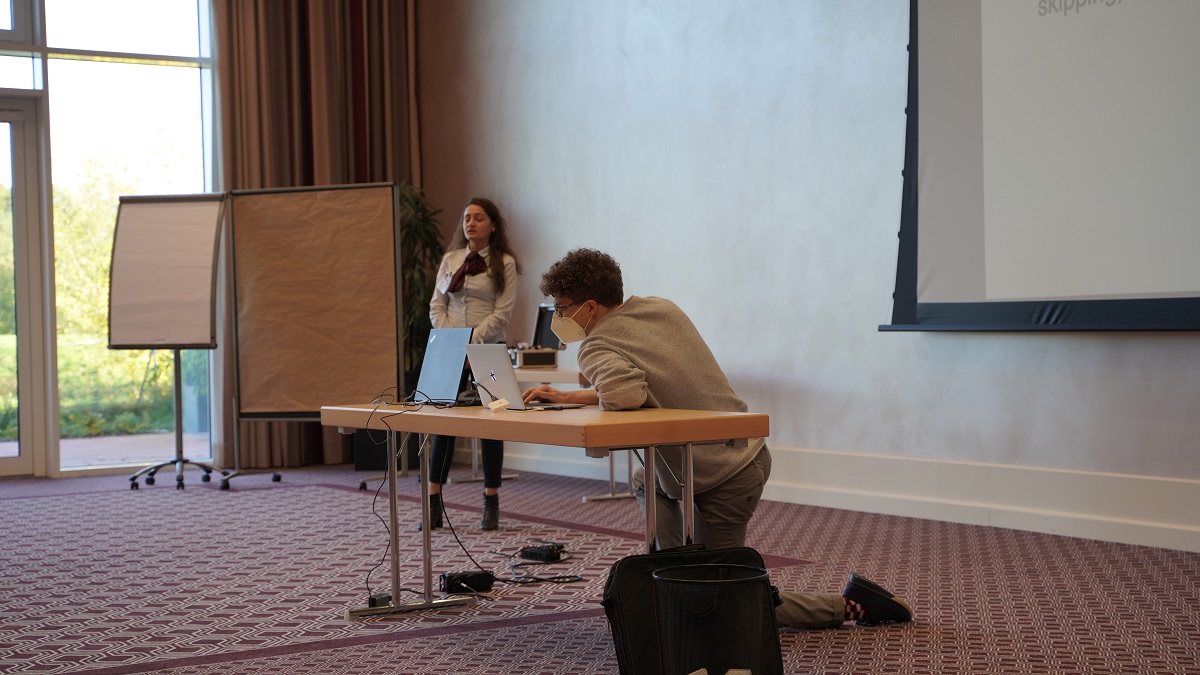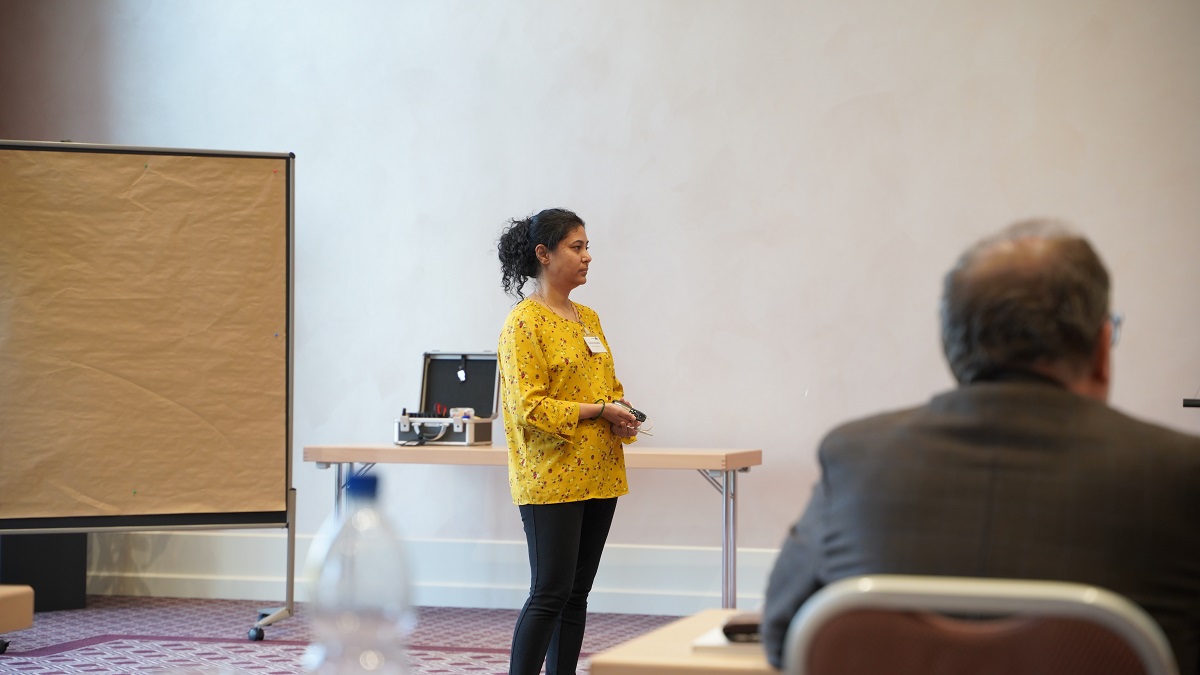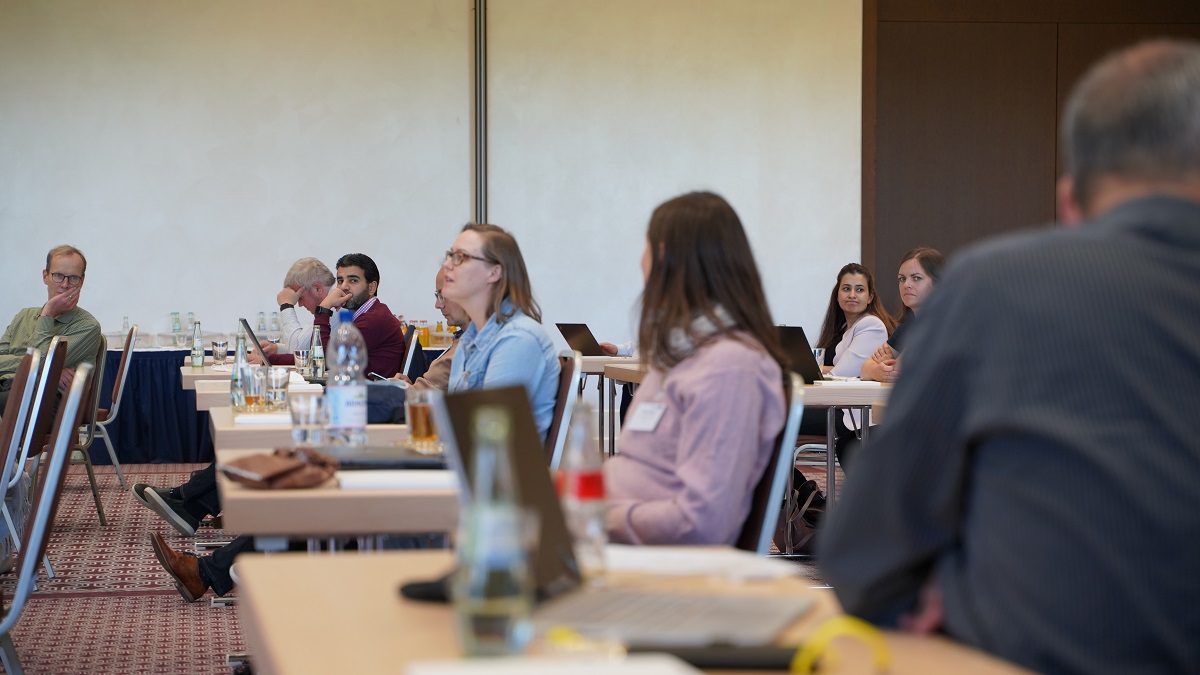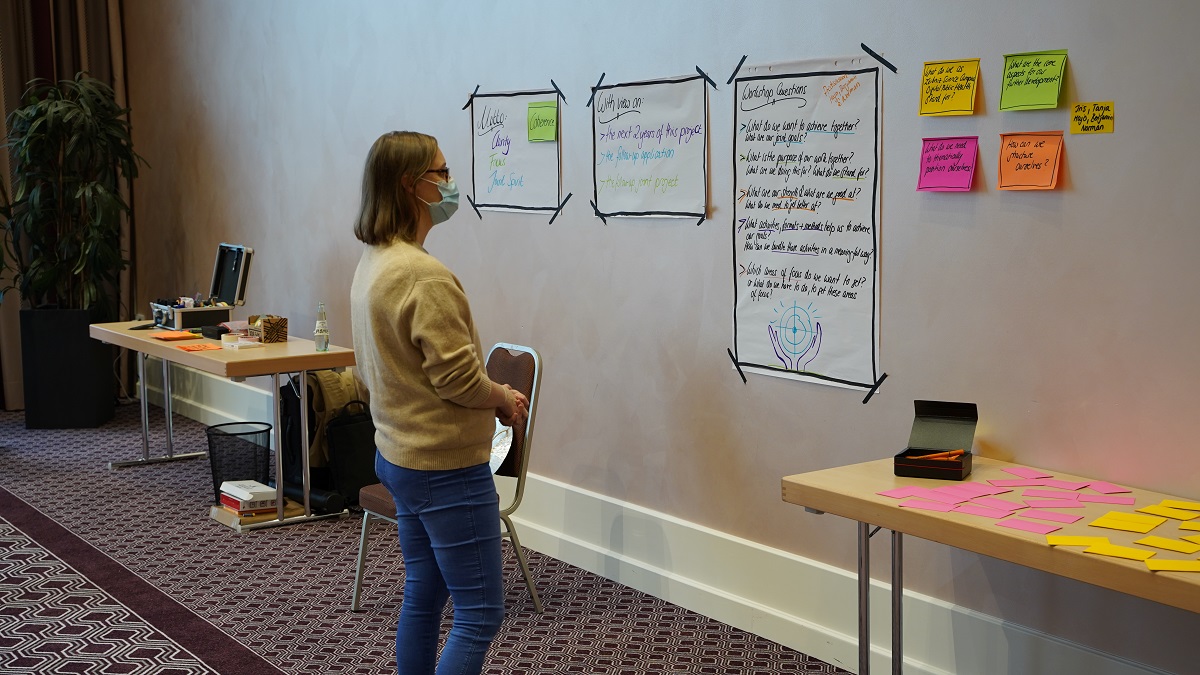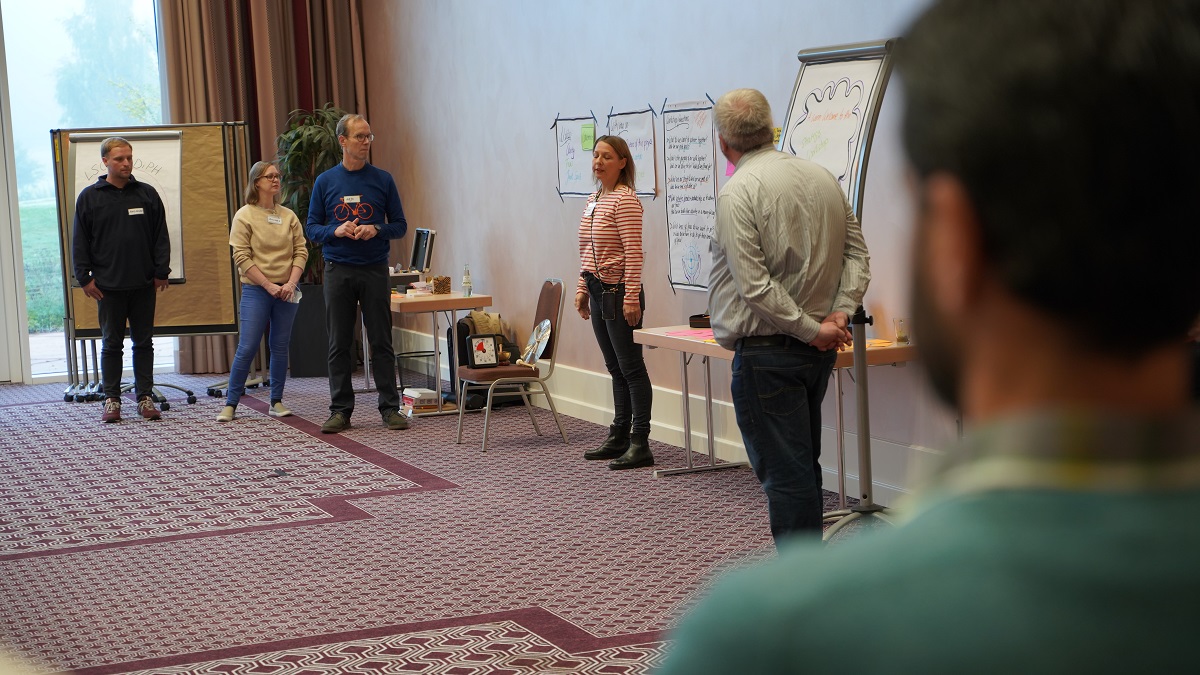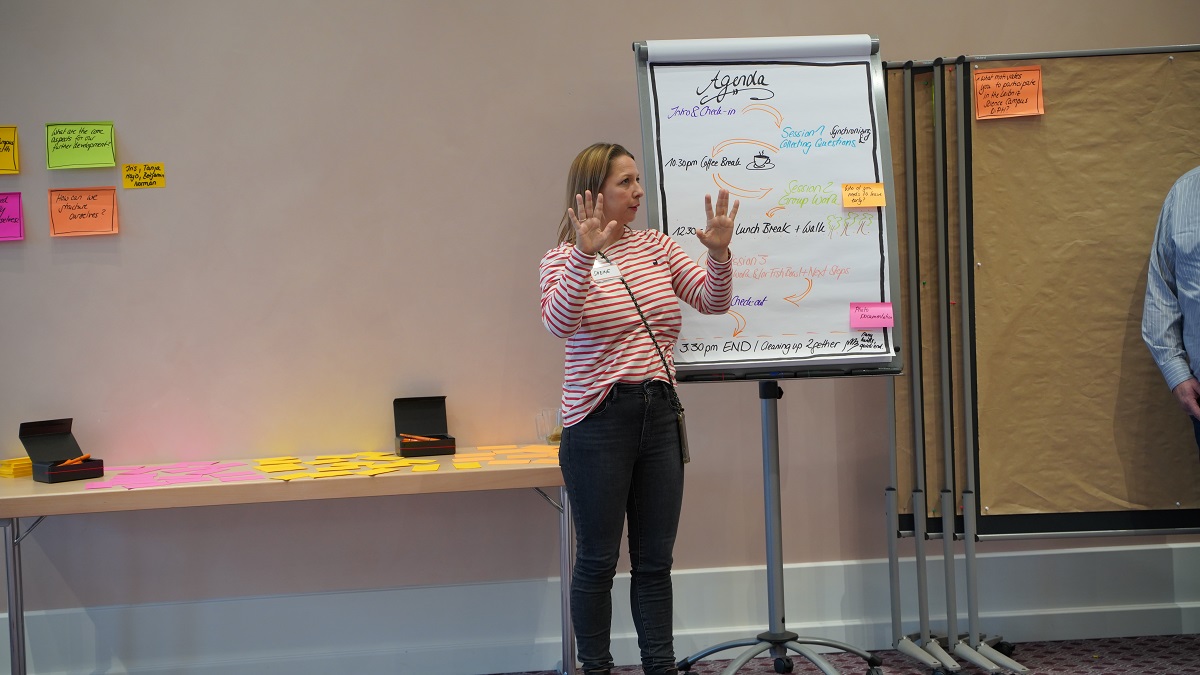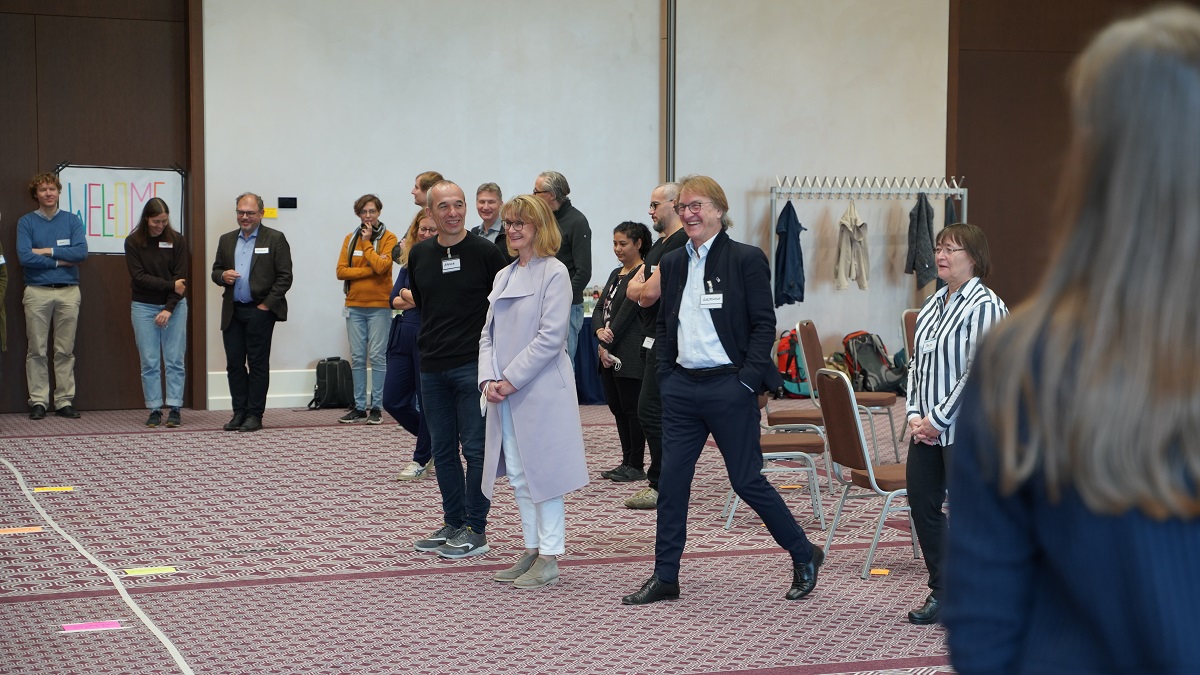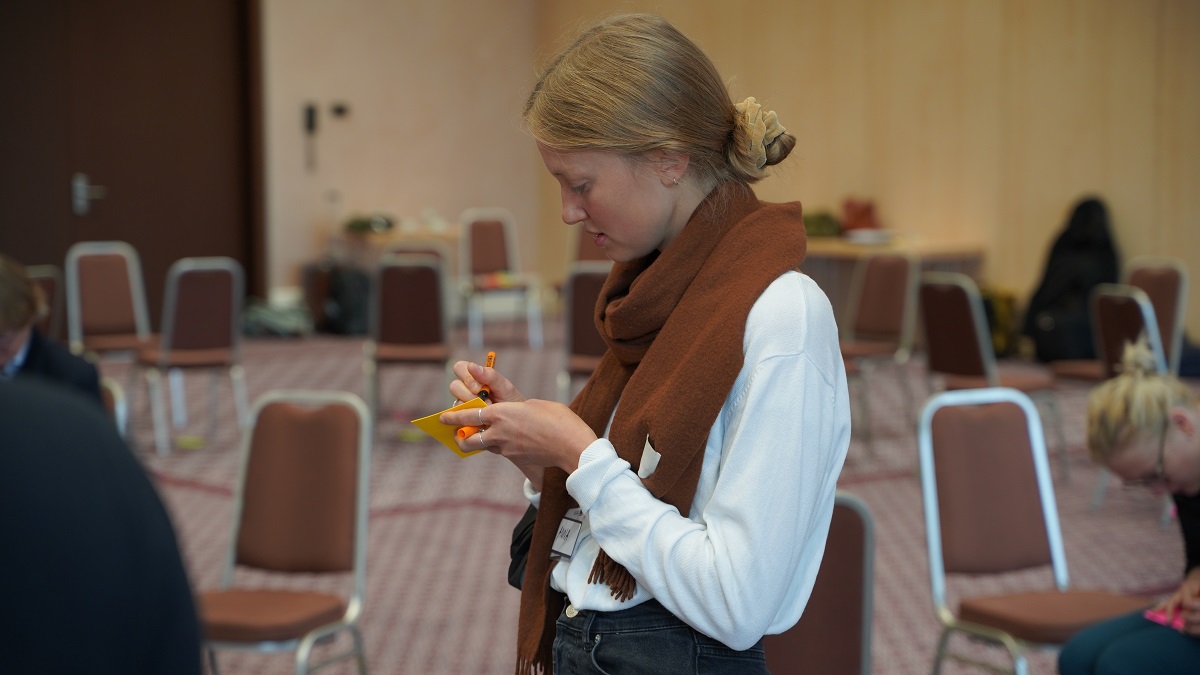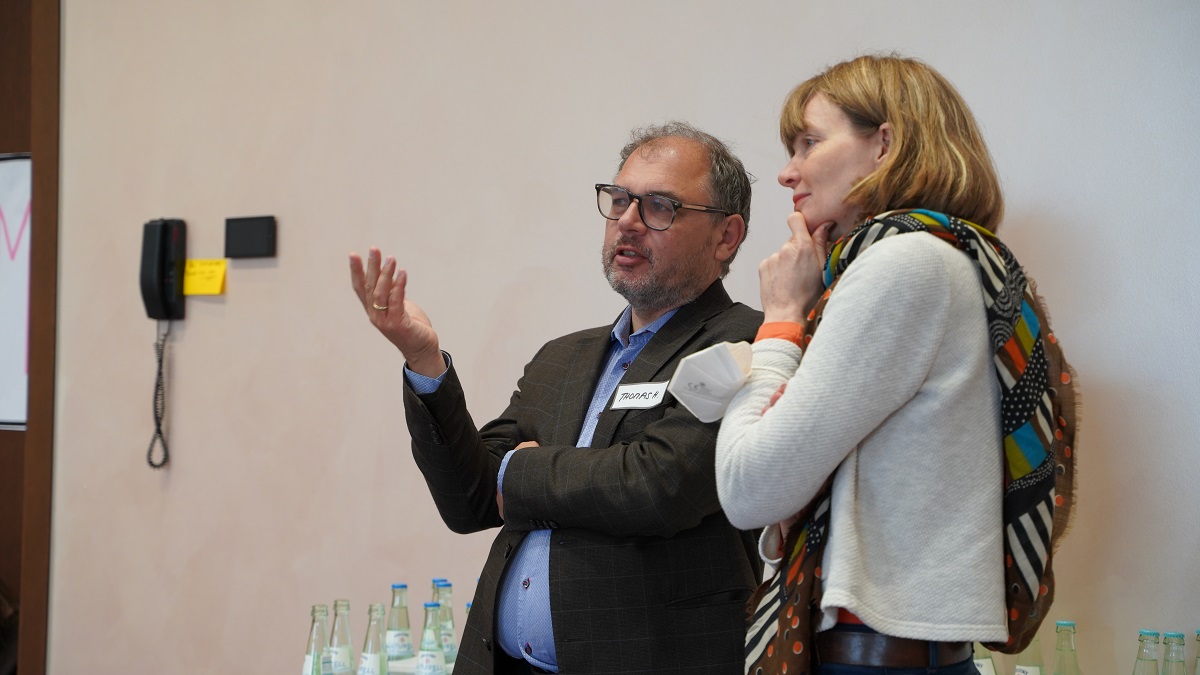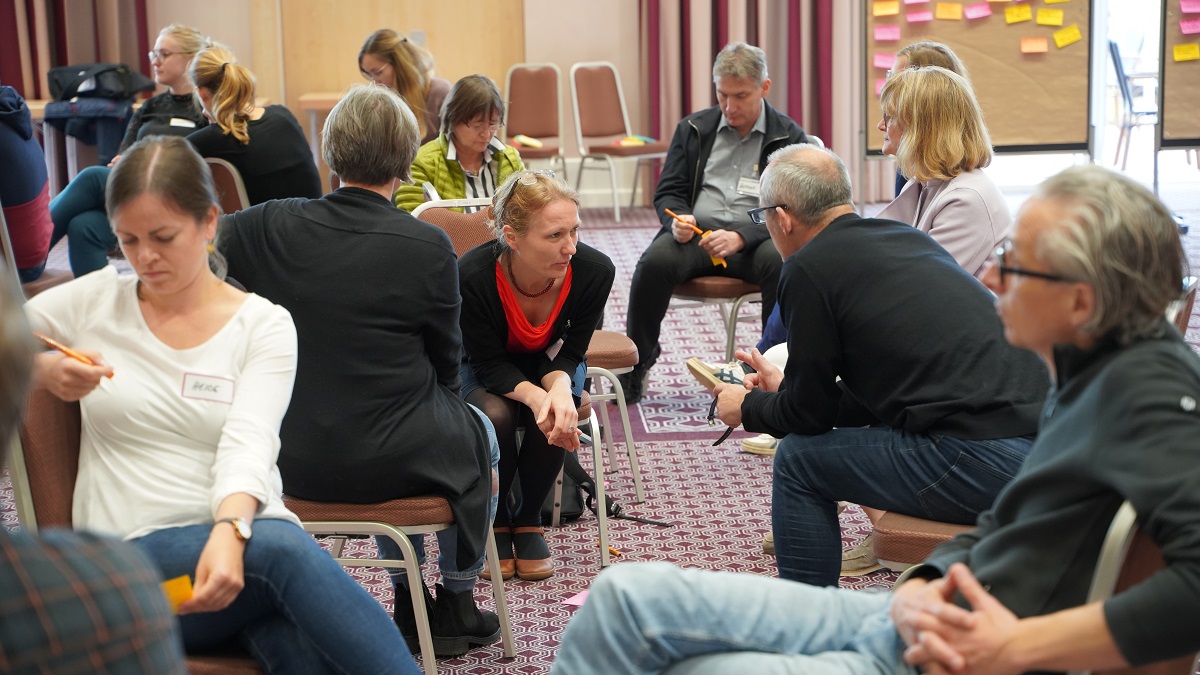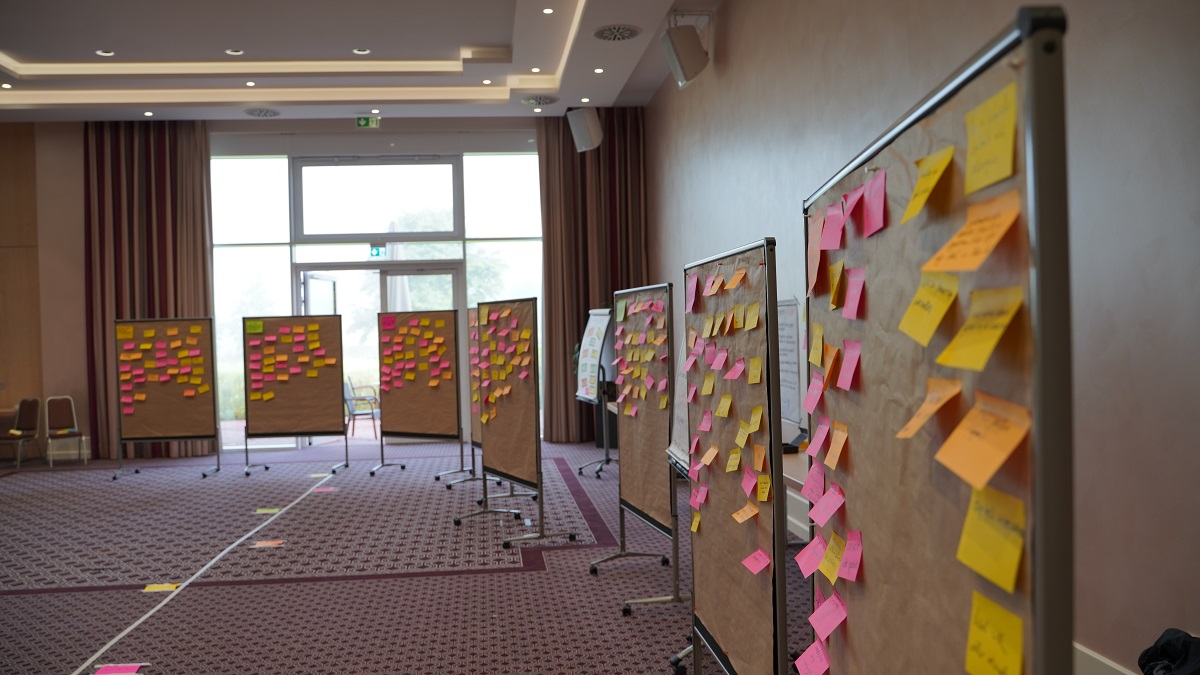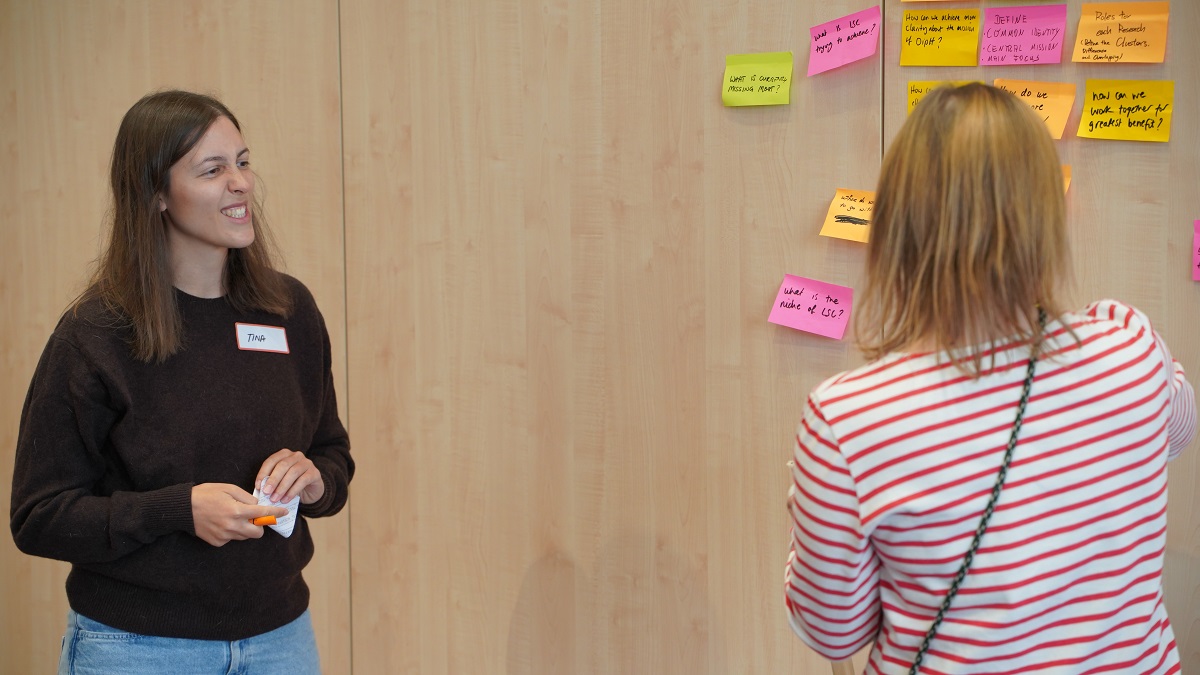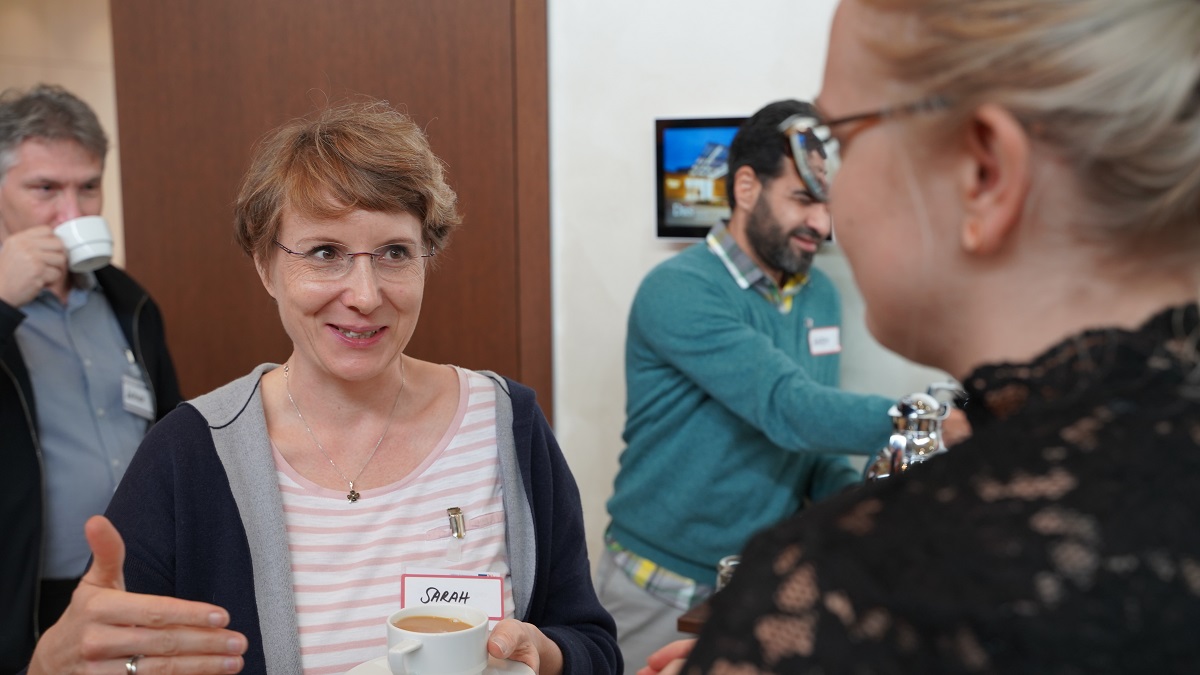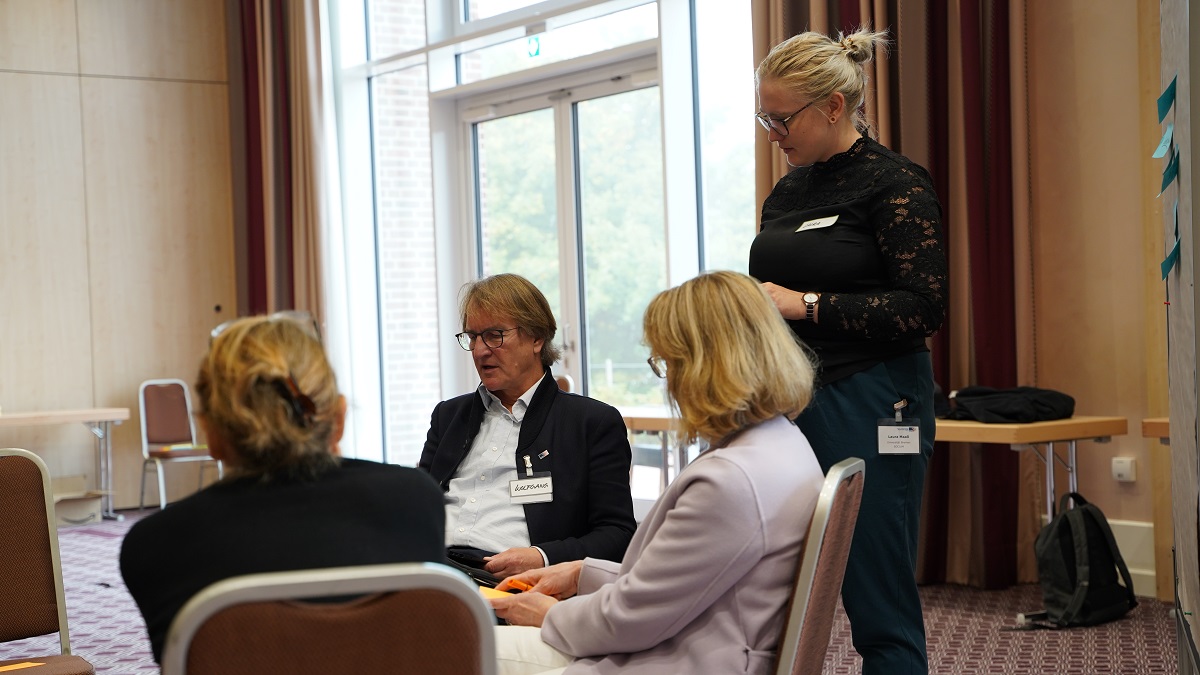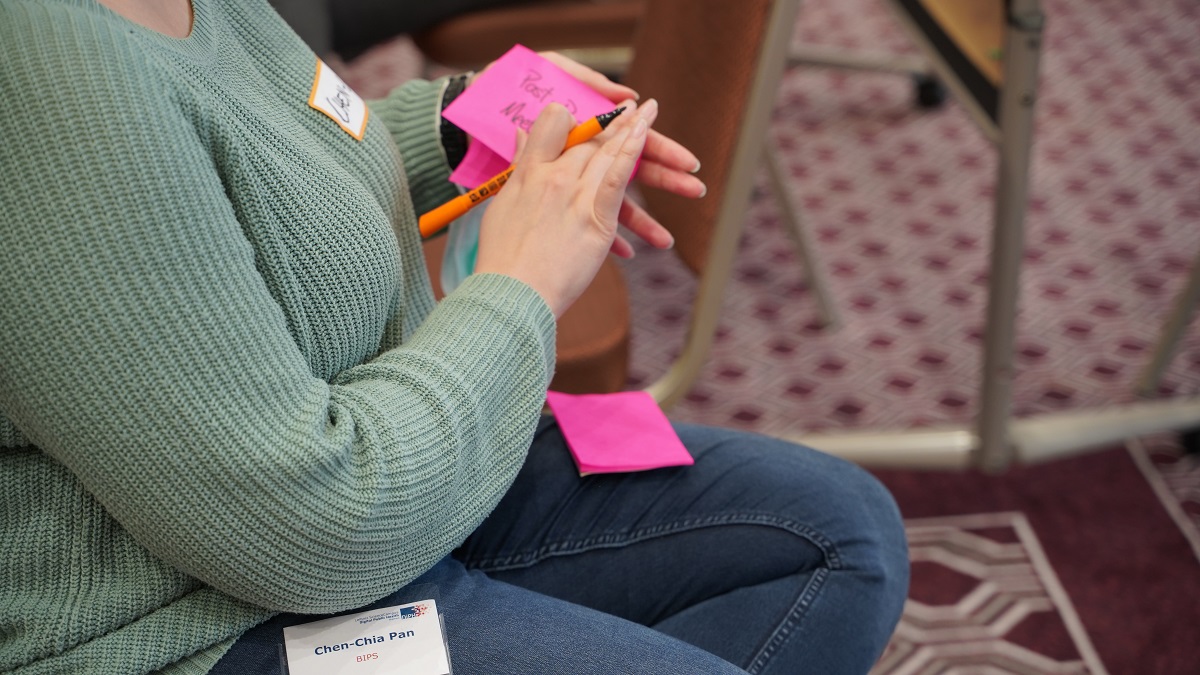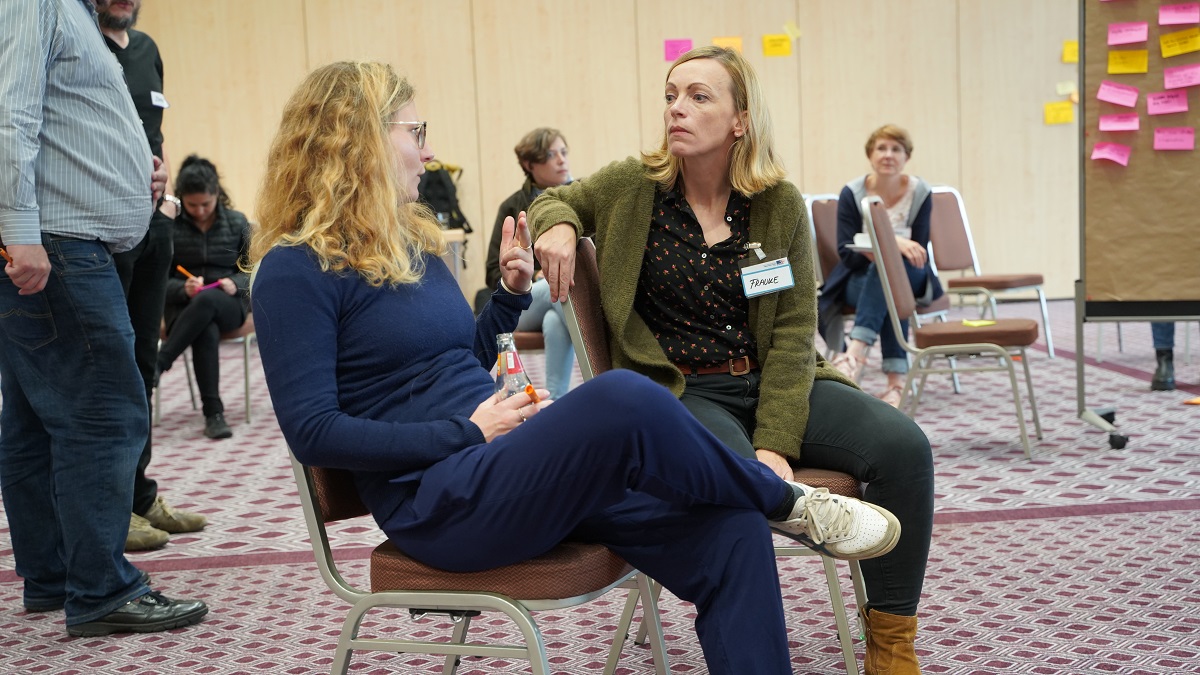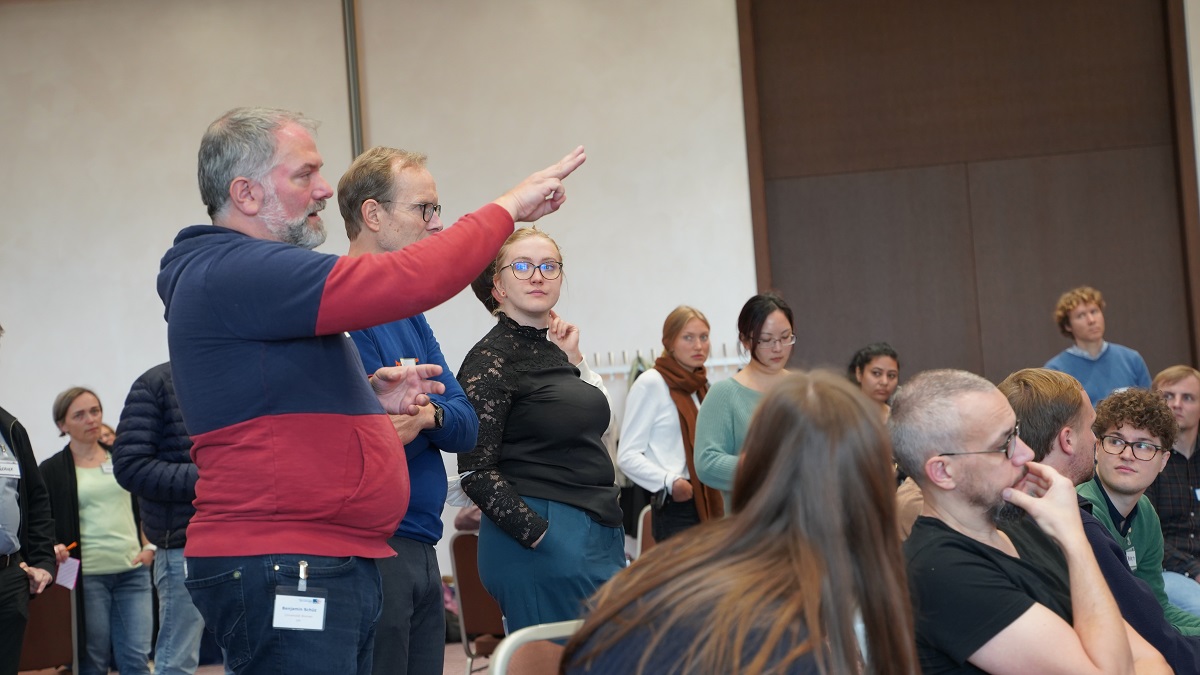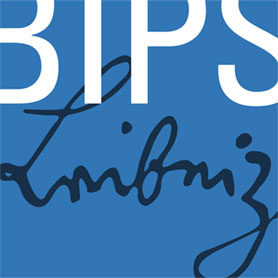Research Cluster of the LSC DiPH
The new Leibniz ScienceCampus Digital Public Health in Bremen addresses the question of how digital technologies can be integrated effectively, fairly and humanely into prevention, health promotion and other public health tasks.
Current research fields
Evidence-based in DigitalPH: eHealth and mHealth interventions are investigated using systematic reviews and controlled trials, for example with regard to promoting physical activity through targeted digital support.
Acceptance and user perspectives on digital public health approaches: Different methods are used to investigate what users expect and what their experiences are.
Retreat
Research Cluster 1 "Framework Development for Digital Technology in Public Health"
Research Cluster 1 is developing a systematic framework for the use and assessment of digital technologies in public health. For example, work in this Research Cluster is addressing major public health challenges through the formulation of logic models linking health outcomes and determinants and then specifies whether and how digital technology can be integrated into the development of effective public health interventions.
Find out more.
Research Cluster 2 "Demand-driven public health technology"
In Research Cluster 2 “Need-based Public Health Technology” we will focus on understanding how novel technologies can support individual and community health needs. We will focus on three main aspects within WP2. We first design, develop and evaluate novel interfaces for individuals and communities to provide data for digital public health programs and specialist. In addition, we also explore novel automatic approaches to sense influencing factors in the environments that might affect public health. This enables us, in a third step, to provide novel personalized for prevention and health promotion for different populations.
For all aspects we will follow a user-centred design (UCD) approach, as we believe that the users needs are the key to develop successful digital public health interventions. This includes, but is not limited, to iterations between theoretical reflection, building prototypes, and formal and informal testing with users. Within each year we plan for multiple iterations in which theoretical issues and understanding, generated through reflection on empirical observations, are used to design prototypes that test and explore the theories. By doing so we want to get a deep understanding on user needs, interests and perspectives on digital technologies for public health
Exemplary research in this area will combine formative research with conceptual work on digital innovation in order to identify implicit needs beyond the conscious scope of individual and community users as well as public health stakeholders.
Find out more.
Research Cluster 3 "Evaluation"
Research Cluster 3 is developing a systematic and cross-paradigmatic approach to identifying and solving evaluation questions, collaboratively addressing the spectrum of evaluation methods from social and cultural anthropology to causal statistical modeling. One of the topics examined within this Research Cluster is the development of an economic framework to evaluate new digital public health interventions. Comparing welfarist and extra-welfarist health economic perspectives, this will identify private and public health benefits of digital approaches.
Find out more.
Research Cluster 4 "Transfer and Participation"
Find out more.
 English (United Kingdom)
English (United Kingdom)  Deutsch (Deutschland)
Deutsch (Deutschland) 
